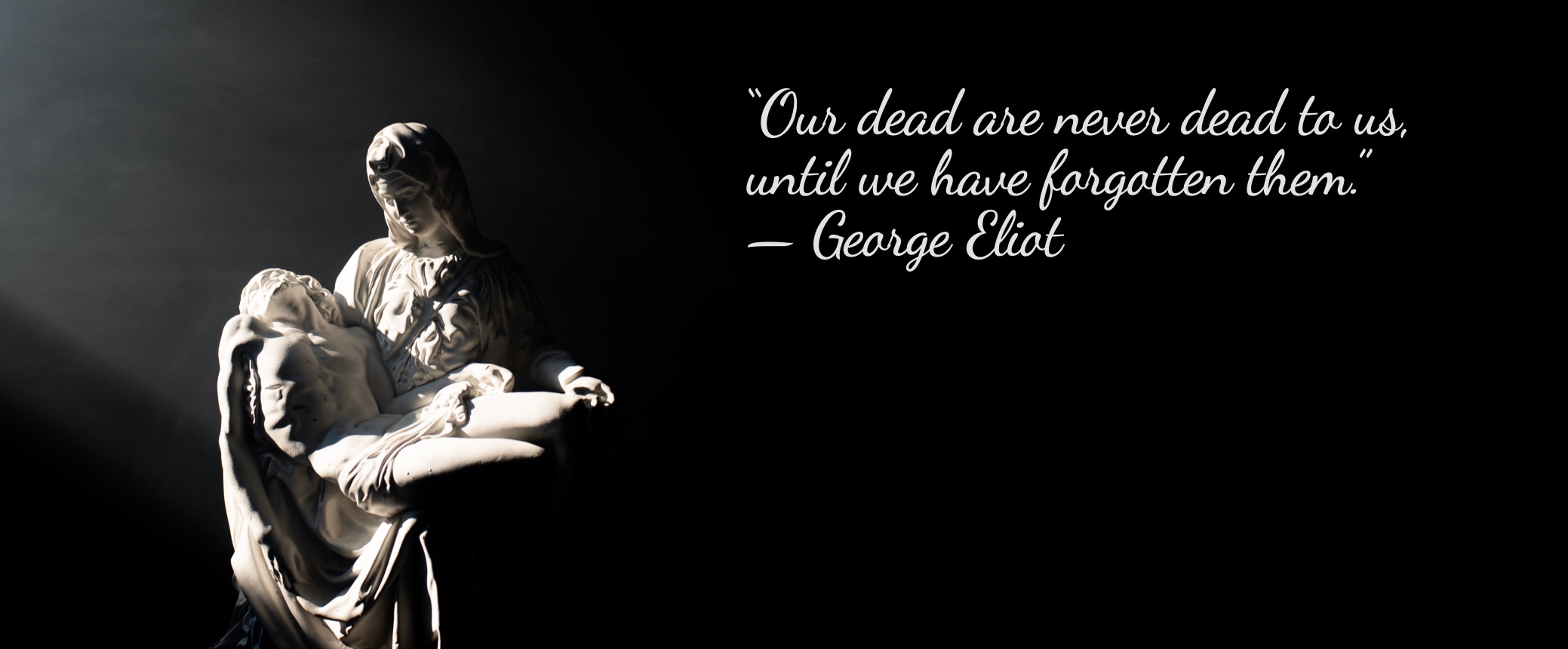Two days ago, I lost a dear friend and neighbour to suicide. Please DO NOT write to tell me you’re sorry for my loss. That won’t bring Barry back, and it won’t particularly help me.
Instead, take the few moments it would have taken to write to me, and write to someone you know to let them know why you appreciate having them in your life, how much you cherish them, and that they can always count on your love and support. Extra points if you write to someone in a suicide risk category – male, young or middle-aged, living alone, financially struggling, and/or gay.
You never know when a few thoughtfully-chosen words might make the difference between life and death.
The sadness comes in waves. Aged 41, Barry still had so much to offer, and so much to receive. I can’t help wishing he had reached out for support from any of us here who loved him, or just waited a few minutes, hours, days or months for the emotional crisis to pass. I wish we could have a do-over of Tuesday, a remake of the story in which somebody finds him before the pills take effect. I wish that when was at my cottage for supper last week I’d asked different questions, listened more deeply.
But maybe one day I will accept that this is exactly as it is meant to be, that Barry the self-professed drama queen got the dramatic exit he wished for. He made his choice, and now age shall not wither him.
What am I learning from this? Three lessons:
First, one person can make an enormous difference in a short space of time.
Barry and his boyfriend (now ex) moved from London to this small village 15 months ago. I arrived 3 months later, by which time he was already energetically involved in helping transform from a village into a community. He and an energetic committee renovated the old schoolroom and turned it into a community hub hosting coffee mornings, choir rehearsals, and a wildly successful pop-up pub. If he had any concerns about a conservative, rural village accepting a gay man, he certainly didn’t let them slow him down. He didn’t hang around waiting for an invitation or permission – he just jumped right in and made a huge positive difference.
Second, the sense of community that Barry helped to create is enabling us to cope with losing him.
We have each other to lean on. The choir had a spontaneous wine-and-song evening on Tuesday night in his honour. Candles and flowers are piling up outside his house. Neighbours are inviting each other round, ostensibly for meals but really to swap favourite Barry stories and be there for each other. We hug, cry, and grieve, and it feels like this is how grief is supposed to be done. It makes me so sad for all those who were denied the opportunity for shared grieving during the pandemic.
Last, believing in a spiritual afterlife doesn’t help much when you lose somebody and you simply miss them like hell.
I can tell myself that he has gone into the light, that he’s at peace, that he is liberated from this vale of tears. But I’m still overwhelmingly sad, and not a little mad at him for evermore denying me the joy of his fabulous, funny, sweet, wise, cheeky self.
When we mourn a departed soul, what we’re really mourning is the loss of all the future experiences that now we won’t share. It’s not about them, it’s about us. When we mourn a suicide, we’re annoyed that they chose to leave us this way. We had an expectation that we were going to have an infinity of future opportunities to spend time together, and they have abruptly and unilaterally withdrawn that offer, without asking our permission. But that is their prerogative. That is now the irrevocable reality. We can curse them for it, or we can accept it, and be grateful for the time that we did have together.
Barry, we miss you. And thank you for having passed through our lives.
Featured photo by Grant Whitty on Unsplash


What a beautiful posting !